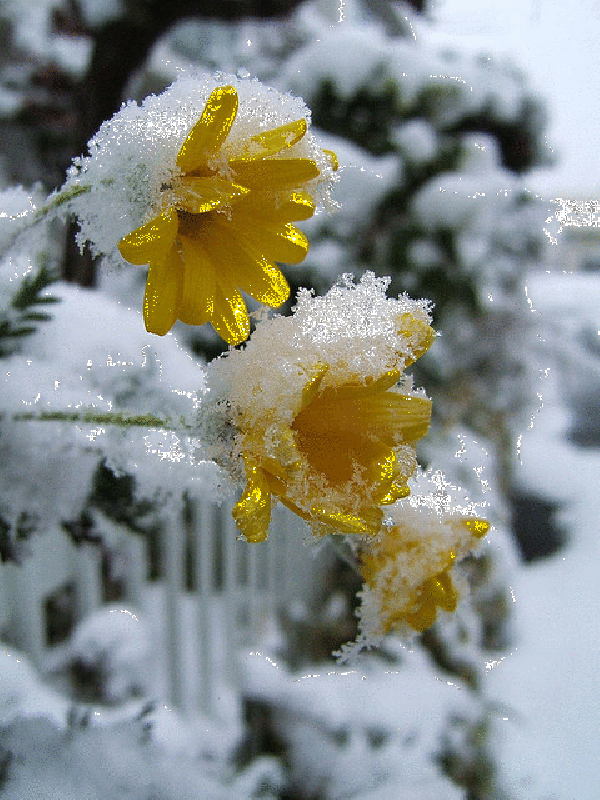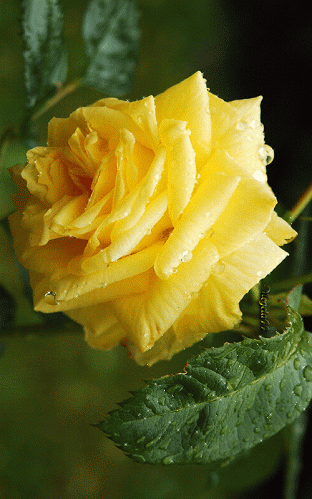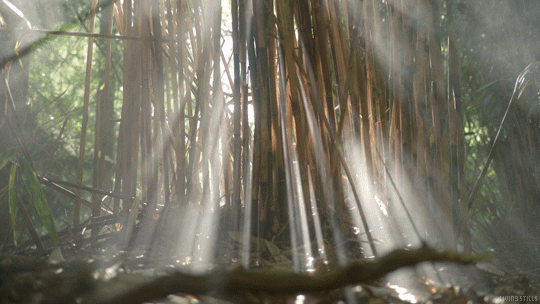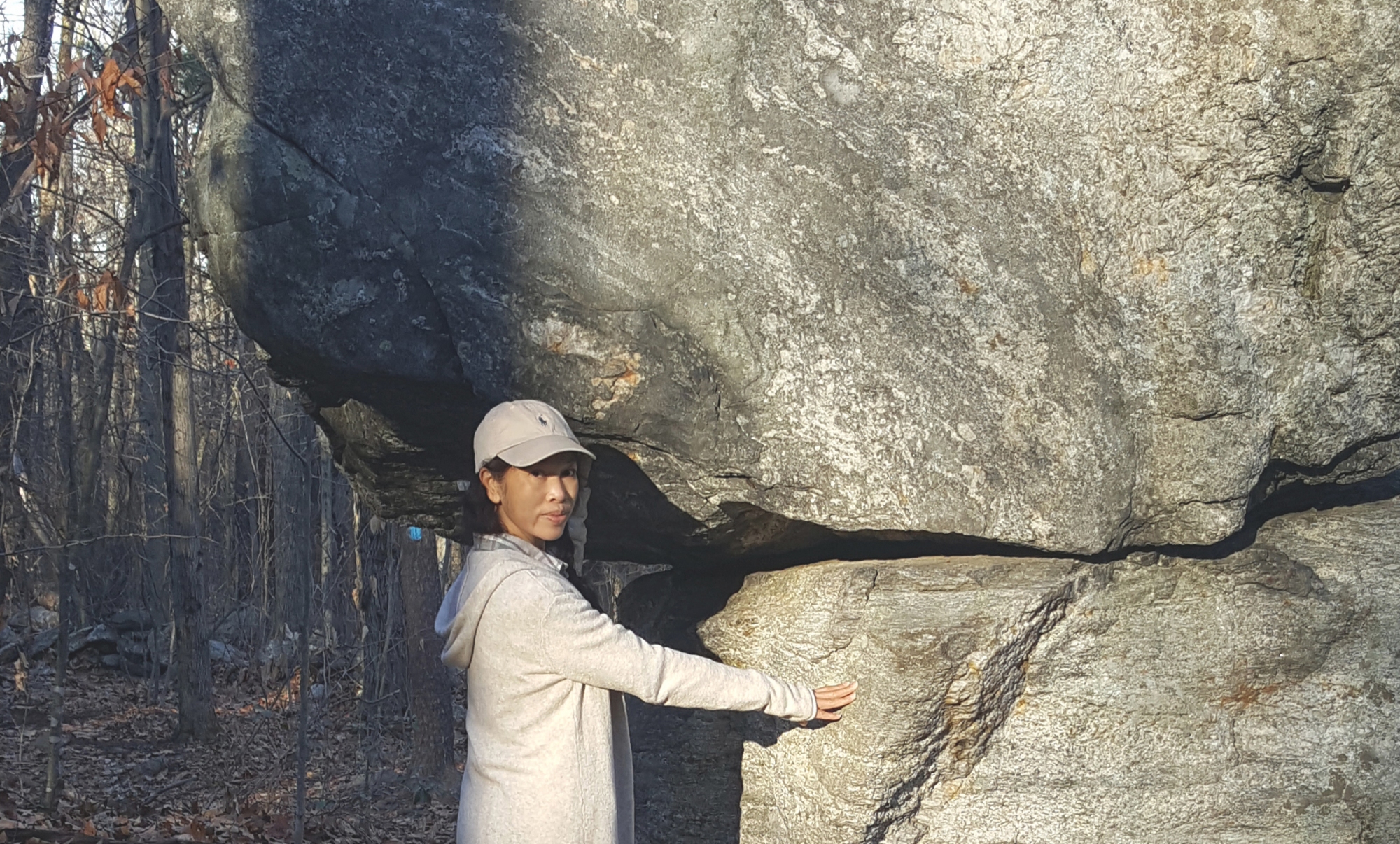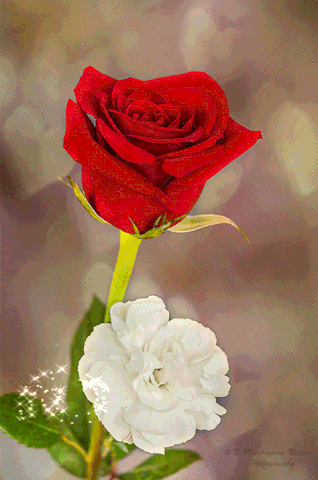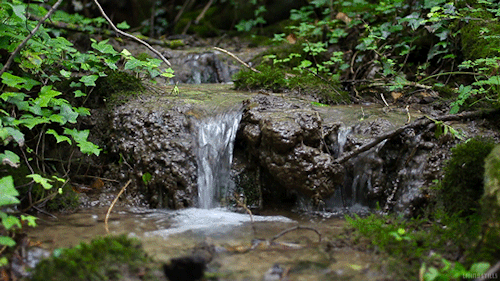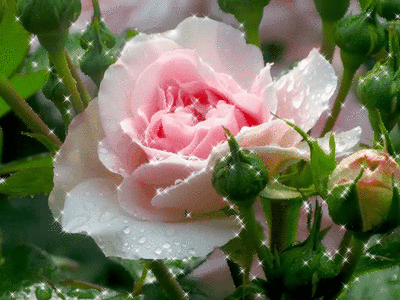
Christmas is not a time nor a season, but a state of mind. To cherish peace and goodwill, to be plenteous in mercy, is to have the real spirit of Christmas. – Calvin Coolidge
Christmas is a tonic for our souls. It moves us to think of others rather than of ourselves. It directs our thoughts to giving.” ― B.C. Forbes
I don’t want Christmas season to end, because it’s the only time I can legitimately indulge in on particular addiction: glitter. – Eloisa James, Paris in Love
Christmas is a day of meaning and traditions, a special day spent in the warm circle of family and friends. – Margaret Thatcher
Christmas is the day that holds all time together. — Alexander Smith
Blessed is the season which engages the whole world in a conspiracy of love. – Hamilton Wright Mabie
Christmas will always be as long as we stand heart to heart and hand in hand. – Dr. Suess
Peace on earth will come to stay, When we live Christmas every day. – Helen Steiner Rice
The world has grown weary through the years, but at Christmas, it is young. – Phillips Brooks
Like snowflakes, my Christmas memories gather and dance — each beautiful, unique, and gone too soon. – Deborah Whipp
One of the most glorious messes in the world is the mess created in the living room on Christmas Day. Don’t clean it up too quickly. – Andy Rooney Continue reading →



